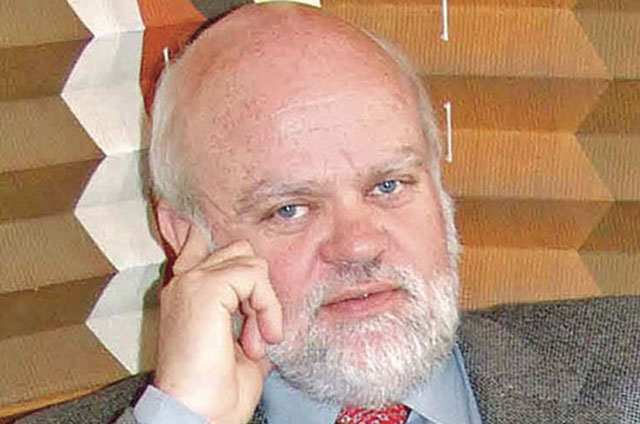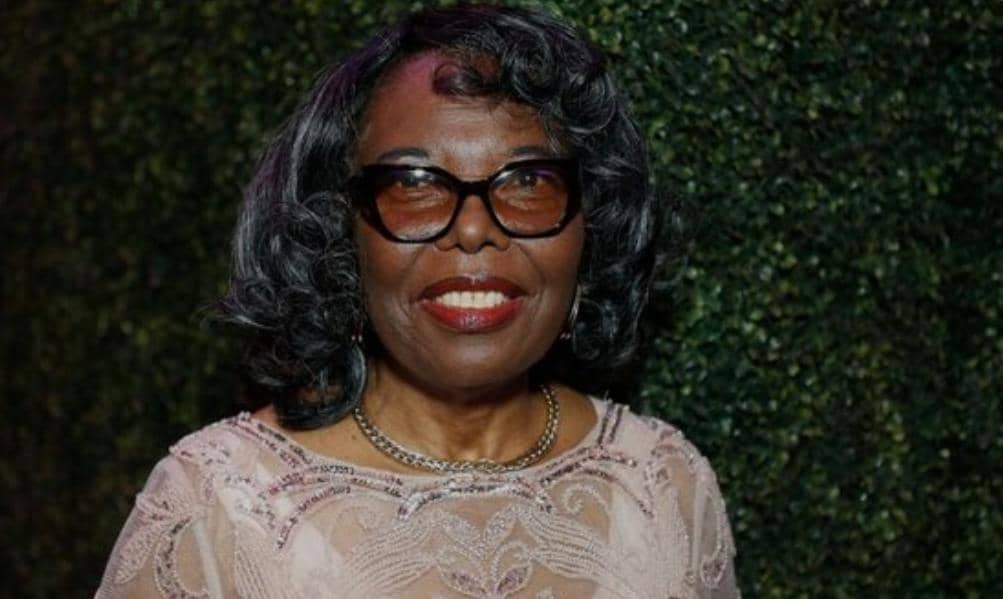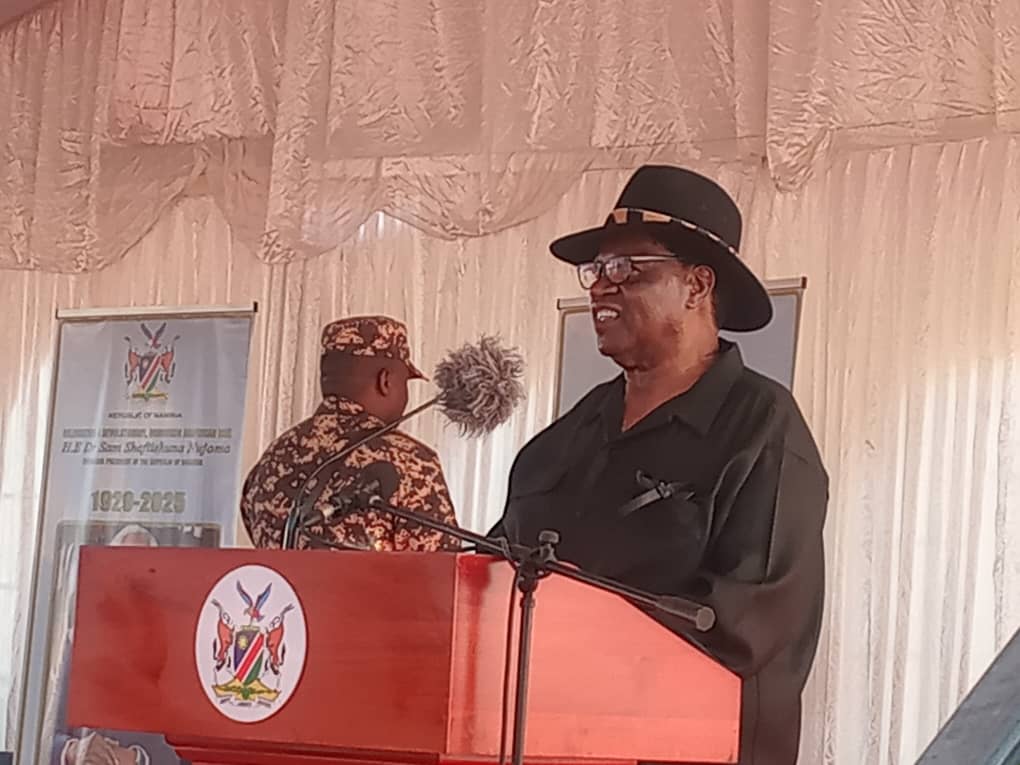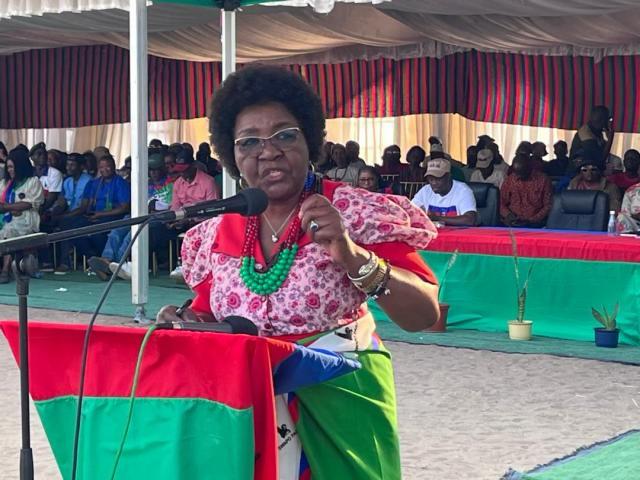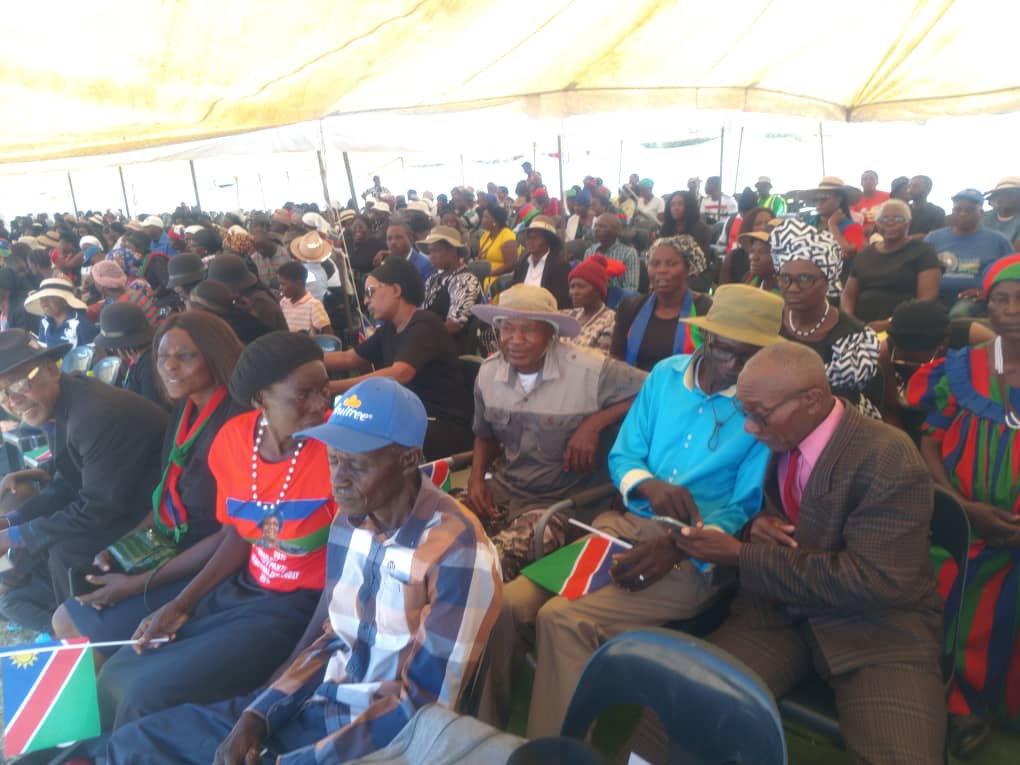THE COMMONWEALTH of Nations, more generally referred to as the Commonwealth, is an inter-governmental organisation comprising 53 member nations, of which most are former territories, or were at one time or another colonies, of the British Empire.
There are exceptions like Mozambique, a former Portuguese colony.
Critics denigrate the Commonwealth as being an exclusive club, an excuse for the heads of government of member states to gather every other year to shake the hand of the current head, the United Kingdom’s Queen Elizabeth II, meet other royals in her extended family, engage in banter with other members over cocktails and canapés, and then return home.
Far be it from the truth, as the Commonwealth, this voluntary association of 53 countries, is a unique gathering of sovereign states. Its uniqueness starts with the diversity of membership. They are 53 states spanning the globe, from Africa, Asia, Australasia, the Americas, Europe and the Pacific with a collective population of 2,4 billion people, and coverage of about 21% of the earth’s total land area.
The world’s two leading economies, the USA and China, are not members. As for the two most densely populated countries, India holds membership, but China does not. However, there is diversity in population density and economics too, as the Commonwealth comprises some of the world’s smallest, largest, richest and poorest nations, and accounts for about a fifth of the world’s trade.
Another unique feature of the Commonwealth is also one of its most visible activities, the Commonwealth Games, a multi-sports event held every four years. The Gold Coast in Australia hosted the 2018 edition, known officially as the XXI Commonwealth Games, from 4 to 15 April.
Topping the medals’ table at the Games was Australia, with England and India as first and second runners-up, respectively. Twenty-eight Namibians participated in the games, with veteran marathoner Helalia Johannes and boxing sensation Jonas Junias Jonas making international media headlines. They placed the country on the world’s sporting map by winning gold medals.
The Games are important for smaller nations who stand a limited chance of featuring in the medal rankings at events such as the Olympic Games, or at international athletics and swimming competitions. Island nation states Vanuatu, the Cook Islands, Solomon Islands, British Virgin Islands and Dominica won their first Commonwealth Games medals.
Another highly visible event is the Commonwealth heads of government meeting (CHOGM), held biennially, and hosted by the United Kingdom this time round. This week’s meeting runs from 16 to 20 April, and is being attended by Namibia’s president, Hage Geingob.
This year’s CHOGM is structured in an inclusive manner, starting with four forum events which aim to draw together in dialogue and solution finding business, civil society and governments. Other working sessions follow over subsequent days, with discussions on shared global challenges.
Taking place under the theme ‘Towards our Common Future’, CHOGM 2018 has four sub-themes. A more sustainable future places climate change and its impact under the spotlight. In turn, a fairer future will examine and develop strategies to promote democracy, good governance, human rights and the rule of law.
As for the other two sub-themes, a more secure future and a more prosperous future, the representatives of business, civil society and government will discuss and craft a common strategy. They will also explore best practices to counter and negate security threats such as terrorism, organised crime, cyber-crime, violent extremism and human trafficking. Likewise, they will aim to find ways to use the diversity of the Commonwealth as a tool to create prosperity for its member states, big and small.
Although rubbished by some quarters as merely being a talk show, membership of the Commonwealth does benefit smaller economies like Namibia.
* Danny Meyer is contactable at danny@smecompete.com.
Stay informed with The Namibian – your source for credible journalism. Get in-depth reporting and opinions for
only N$85 a month. Invest in journalism, invest in democracy –
Subscribe Now!




